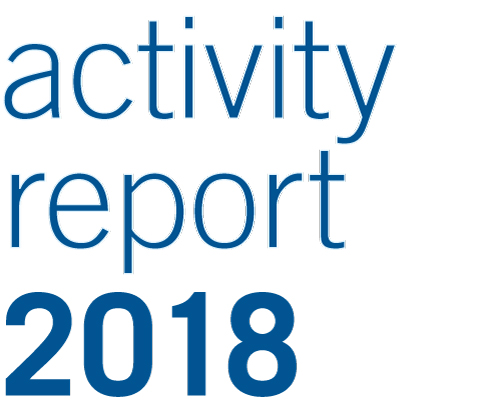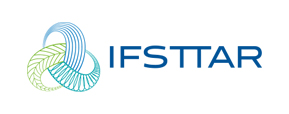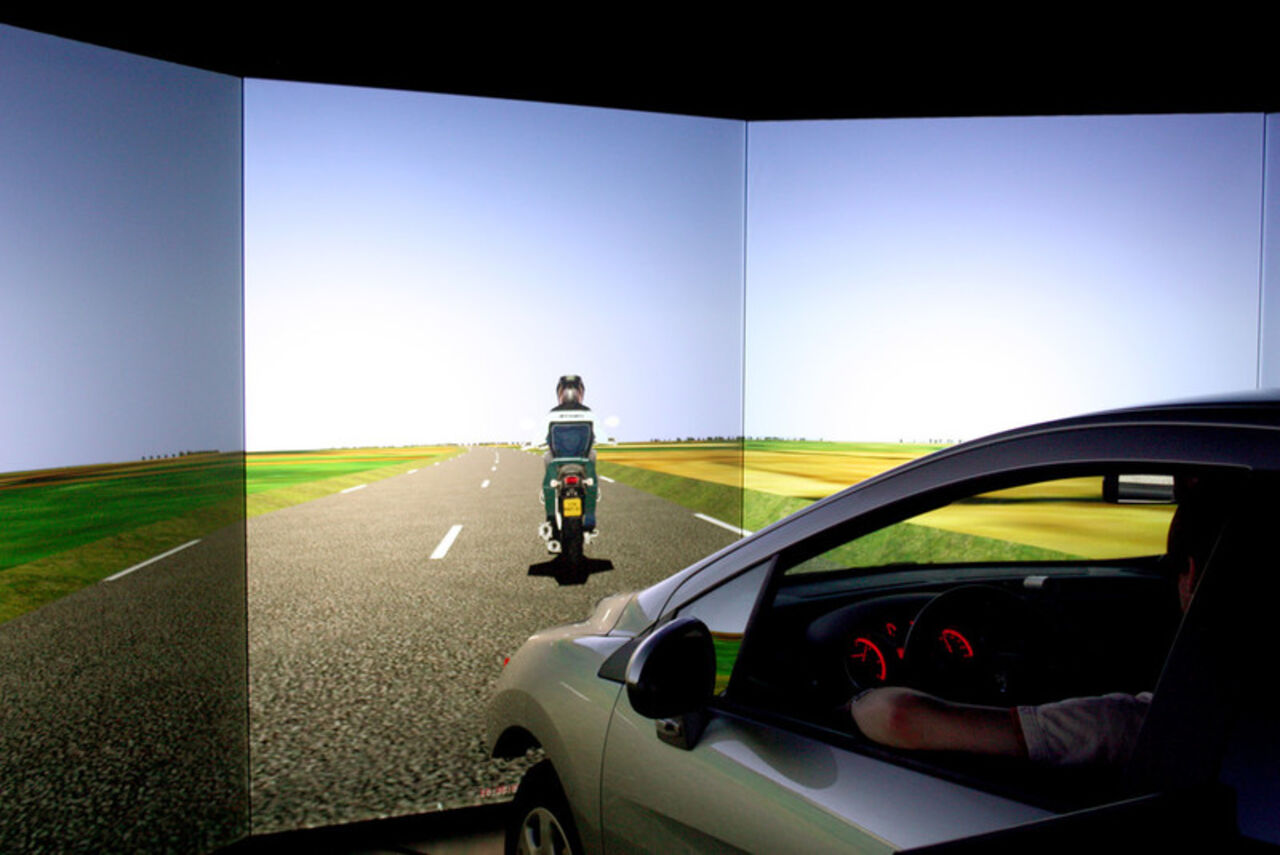Involved in some thirty collaborative research projects on road safety, a member of working groups on safety standards, a member of the main transport research associations... IFSTTAR is committed to furthering work and measures to improve road user safety.
On 1 July 2018, the speed limit in France on two-way single carriageway secondary roads was reduced to 80 km/h. This measure, which could save between 200 and 300 lives per year, was introduced as a result of scientific studies led by IFSTTAR, at the request of the Studies Committee at the Road Safety Delegation (DSR). The Institute is regularly consulted to guide public policies in the field of road safety. Its expertise is also recognised at European level. "We belong to three major associations of transport research institutes: FERSI (Forum of European Road Safety Research Institutes), ECTRI (European Conference of Transport Research Institutes) and FEHRL (European Forum of National Road Research Laboratories)" affirms Dominique Mignot, Director of the Transport, Health, Safety Department (TS2).
In particular, IFSTTAR is the leader or a partner in some 30 European road safety research projects. For example, LESCOT is providing its expertise in modelling driver behaviour to VI-DAS, a project that aims to improve Advanced Driver Assistance Systems (ADAS). A major European Commission transport project, SafetyCube (Safety CaUsation, Benefits and Efficiency) involved 8 researchers from IFSTTAR and drew on the Rhône Département Register of Road Traffic Accident Casualties, a flagship road safety research tool to which the Institute contributes. The objective of this major project is: "To create an innovative decision-making support system to identify the most appropriate strategies, measures and approaches to reduce the number of casualties of all levels of severity," explains Dominique Mignot. "We are also involved in the working groups on European safety standards* and, internationally, in the approval of new crash-test dummies as part of the GHBMC (Global Human Body Models Consortium)".
3 priority themes: vulnerable persons, the injured and vehicle automation
Road safety is one of IFSTTAR's long-standing research themes. Its work includes the epidemiological analysis of accidents, studying the effects of impacts on the human body, the behaviour of drivers and pedestrians, the users of two-wheeled vehicles, and accident studies. This research contributes to the three priority themes identified at European level: vulnerable persons (pedestrians, the elderly), "an important subject, especially in view of the ageing population", the injured, "although mortality on the roads has decreased, the number of injured is still high", and vehicle automation, "there are still many unanswered questions". These policy orientations are reflected in projects such as SURCA (Road User Safety and Automated Driving), launched in June 2018 in partnership with Ceesar, CEREMA, LAB and Vedecom. Its purpose is to improve the safety of autonomous vehicles by analysing the interactions between them and other road users.



